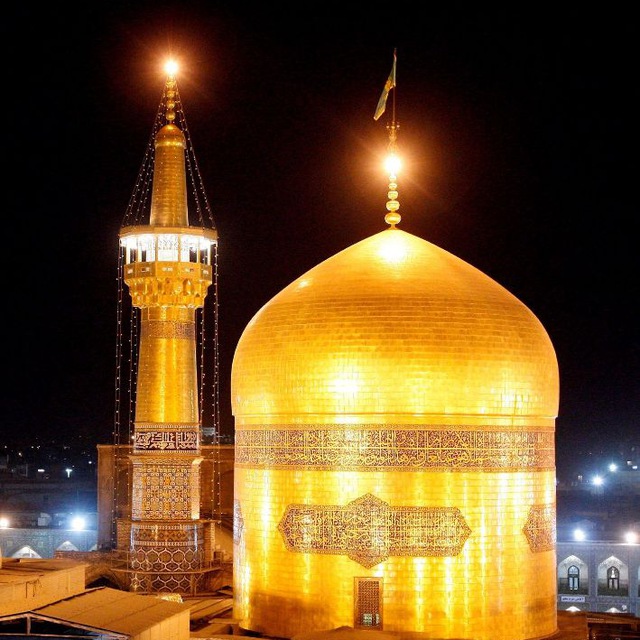Akhundi said: This area of civilization can cooperate with all civilizations both in terms of scale and in terms of content, it has the necessary content. Also, in terms of the epistemic biosystem of experience and order in the region and the field of interest, it has all the necessary elements for us to establish a civilizational mechanism for joint action and joint work in Iran’s civilization field.
Nuclear power plant is not suitable for earthquake prone areas
Mohammadreza Eslami, an economic expert, as another speaker of this program, said: In the political economy of the nuclear conflict, it is appropriate to look at the experience of other countries, especially Japan. So that we do not experience what has been experienced in this country.
He added: Our climate in Iran is not like countries without earthquakes. The earthquake issue is very serious for us and cannot be ignored. Certainly, having nuclear knowledge is a necessity for our country, but the fact that nuclear energy is a necessity for us is a point of reflection.
According to Islami, on March 11, 2011, an earthquake and tsunami occurred in Japan. Problems were created for the Fukushima nuclear power plant in Japan, and although it is said that at that time about 30% of Japan’s electricity resources were produced by nuclear power plants, after the tsunami, the Japanese prime minister announced that the issue of trust in the safety of nuclear energy had been lost. He added: At that time, the Japanese government put the plan to reduce the use of nuclear energy on the agenda, and nuclear power plants were taken out of operation. But since Japan is an industrial country, later the government had to return part of the power plants to the circuit, because the supply of industrial electricity to manufacturers of parts for industrial brands had problems.
This economic expert said: lack of electricity stopped Japan’s export process, but even though Japan is the fifth energy importer in the world, it is said that 9 to 10 reactors out of 54 reactors in this country are currently active and the program to increase nuclear energy in this country, which was supposed to The increase of nuclear energy supply from 30% to 40% of Japan’s total energy has stopped, and currently only three to four percent of the country’s energy is produced by nuclear power plants.
He said: In Japan, with a big earthquake, radioactive materials entered the waters of this country, and this power plant was kept off by the government for a long time. We don’t have Japan’s experience in nuclear power plants, and this issue requires serious consideration from a technical point of view, whether we should go more towards nuclear power plants in relying on energy sources in the coming years, or whether we should take this experience seriously and think about it. He said: We assume that the nuclear conflict will end, but in Iran’s earthquake-prone climate, is it advisable to go towards this energy or not.
Farshad Momeni was also present in this meeting.
This post is written by monese_ghamgosar
